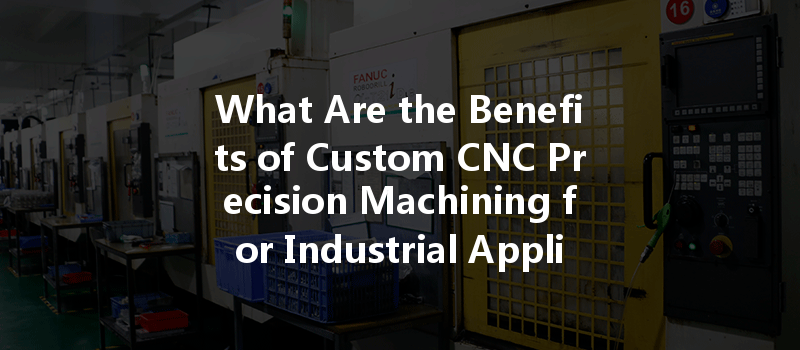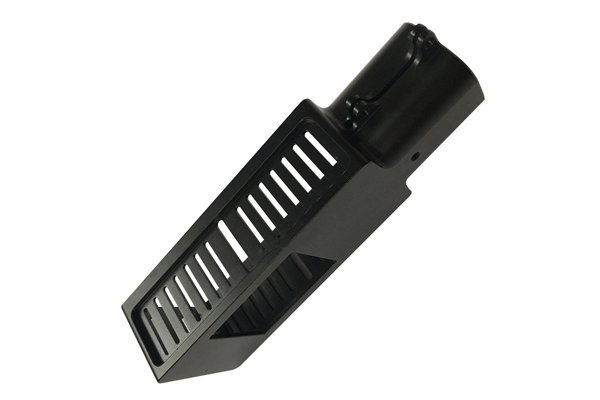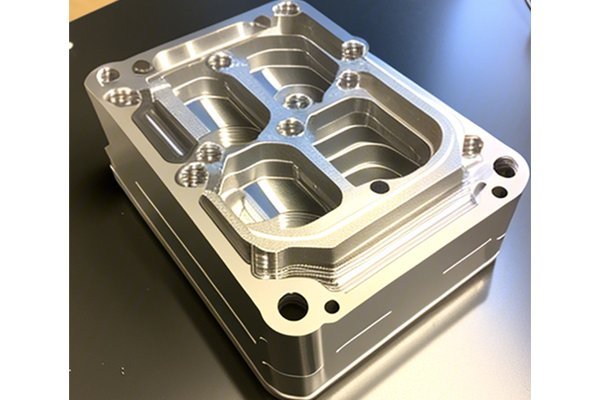Did you know that the global CNC machining market was valued at approximately $76 billion in 2020 and is expected to grow at a compound annual growth rate (CAGR) of about 4% over the next decade? This staggering figure highlights the increasing reliance on precision machining in various industrial applications, serving everything from automotive parts to intricate aerospace components.
As industries evolve and competition heightens, the need for high-precision manufacturing techniques becomes more critical. Custom CNC precision machining has emerged as a cornerstone of modern manufacturing, offering tailored solutions to meet unique design requirements and optimize production efficiency. But what exactly makes CNC machining an indispensable asset for manufacturers?
Understanding CNC Machining
CNC, or Computer Numerical Control, refers to automated machining processes where computer software dictates the movement of factory tools and machinery. This technology enables manufacturers to produce complex components with high precision, simplicity, and minimal human intervention.
Custom CNC precision machining includes various techniques such as milling, turning, and drilling, all tailored to meet specific client requirements. Whether using metals like aluminum, brass, or stainless steel, the customization aspect is crucial when producing high-quality components for complex designs.
Advantages of Custom CNC Precision Machining
One of the main advantages of CNC precision machining is its ability to create highly detailed parts that meet precise specifications. This level of accuracy is important in industries where tolerances can be extremely tight, such as aerospace and medical devices.
CNC machining offers incredible flexibility, allowing designers to push the boundaries of traditional manufacturing processes. Engineers can experiment with intricate geometries and custom features, facilitating innovation while reducing the risk of production issues.
Custom CNC machining allows for rapid prototyping, which is essential for companies looking to bring products to market quickly. This speed enables testing and validation of designs before mass production, reducing costs and time.
The precise nature of CNC machining means that less material is wasted during the manufacturing process. This efficiency not only saves costs in terms of material but also aligns with modern sustainability practices.
Once a CNC machine is programmed, it can produce identical components continuously with minimal variation. This consistency is essential for industries where quality and uniformity are non-negotiable.
CNC Machining Techniques
CNC milling involves the removal of material from a workpiece using rotary cutters. This technique is widely used for creating complex shapes and is particularly effective for producing parts that require fine detail.
CNC turning is employed to produce cylindrical workpieces. In this process, material is removed while the workpiece rotates. Common applications include shafts, bushings, and various cylindrical components.

CNC drilling allows for precise hole creation within materials. Specialized drill bits are used, and the process can be controlled entirely by software to obtain exact measurements.
Applications of Custom CNC Precision Machining
Choosing the Right CNC Machining Partner
When seeking a custom CNC machining provider, consider the following factors:
Custom CNC precision machining is not just a manufacturing method; it’s a critical driver of innovation and competitiveness in multiple industries. Its advantages, such as precision, flexibility, and efficiency, demonstrate its value as a manufacturing cornerstone. As we move further into an era where technology dictates product development, opting for custom CNC machining could be the key to unlocking your product’s full potential.
Our exploration of the advantages of CNC machining, the techniques involved, and how to choose the right provider serves as a guideline for businesses eager to elevate their manufacturing processes. Recognizing the importance of custom CNC precision machining is vital in a rapidly evolving market where precision and innovation drive success. As such, seriously considering the adoption of these machining capabilities can give your business a substantial leap forward, ensuring a competitive edge in today’s dynamic industrial landscape.






